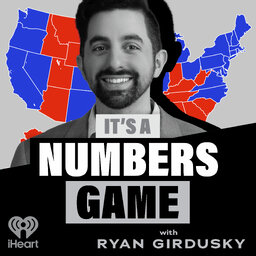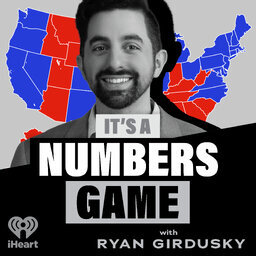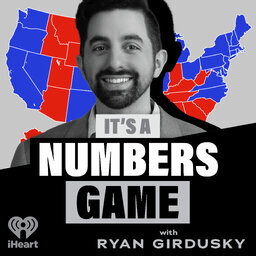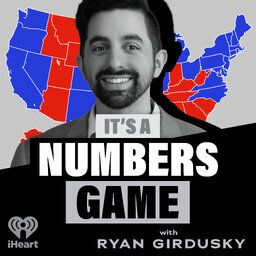In this episode, Ryan and guest Armin Thomas analyze the challenges facing Democrats and Republicans ahead of the 2026 U.S. Senate elections. They discuss historical trends, demographic shifts, and increasing polarization, highlighting how Democrats struggle to maintain their coalition in changing states. The conversation explores the impact of candidate quality, ideological divides, and the nationalization of politics on both parties’ strategies and prospects, offering insights into the evolving dynamics of American electoral politics. It's a Numbers Game is part of the Clay Travis & Buck Sexton Podcast Network - new episodes debut every Monday & Thursday.
Check out Armin's Research HERE
 It's A Numbers Game with Ryan Girdusky
It's A Numbers Game with Ryan Girdusky



